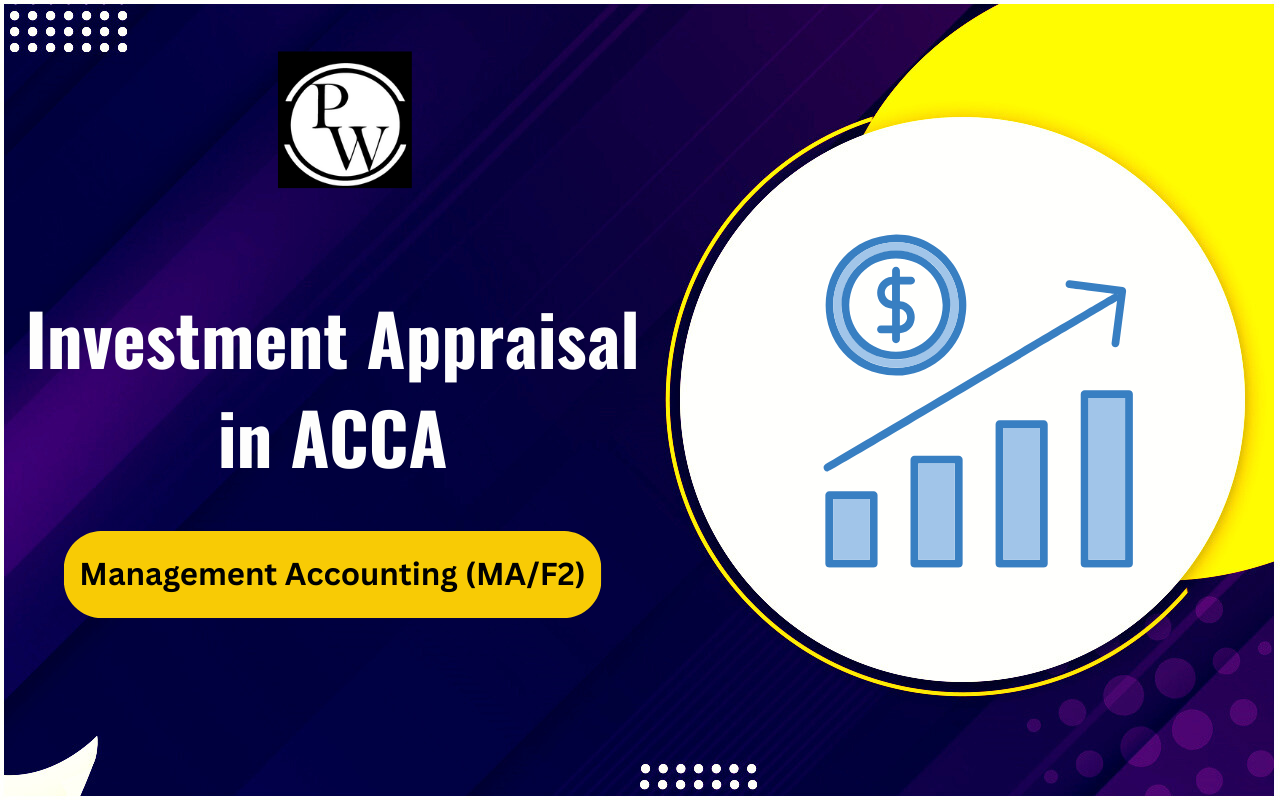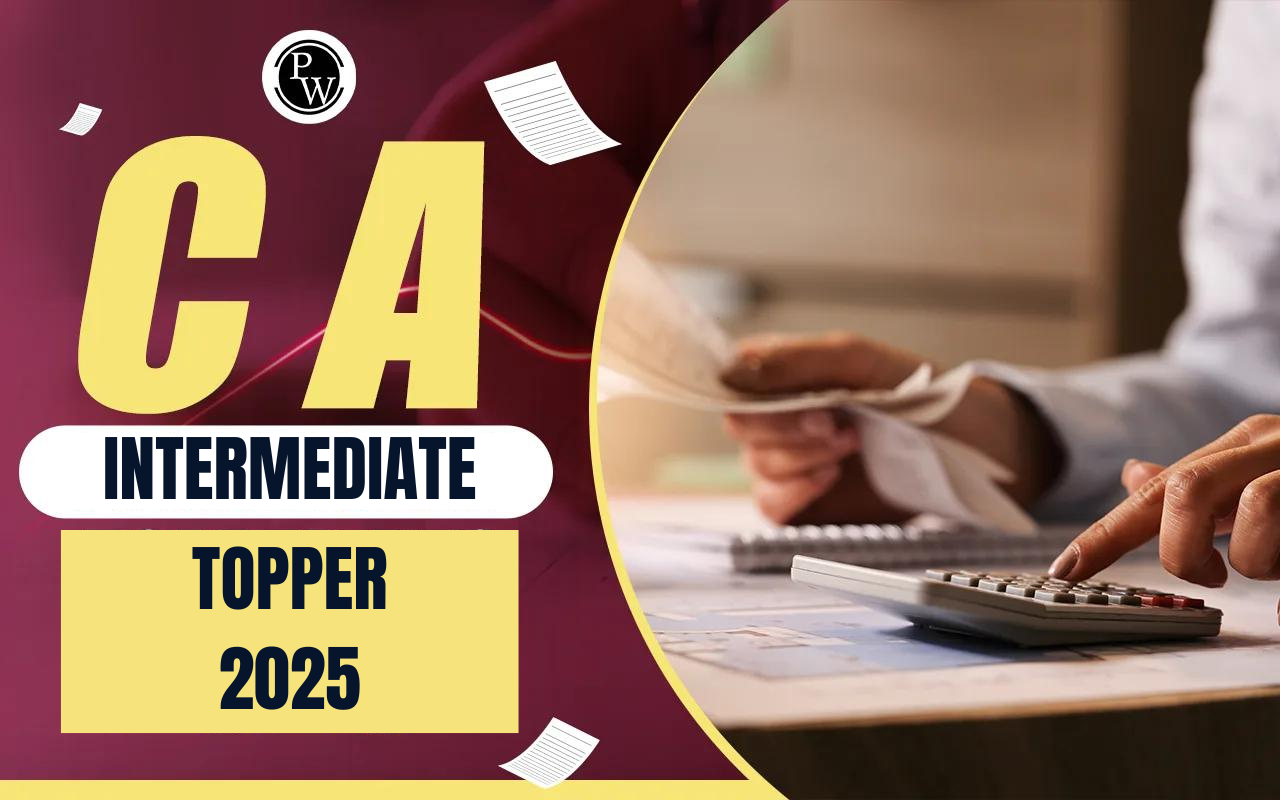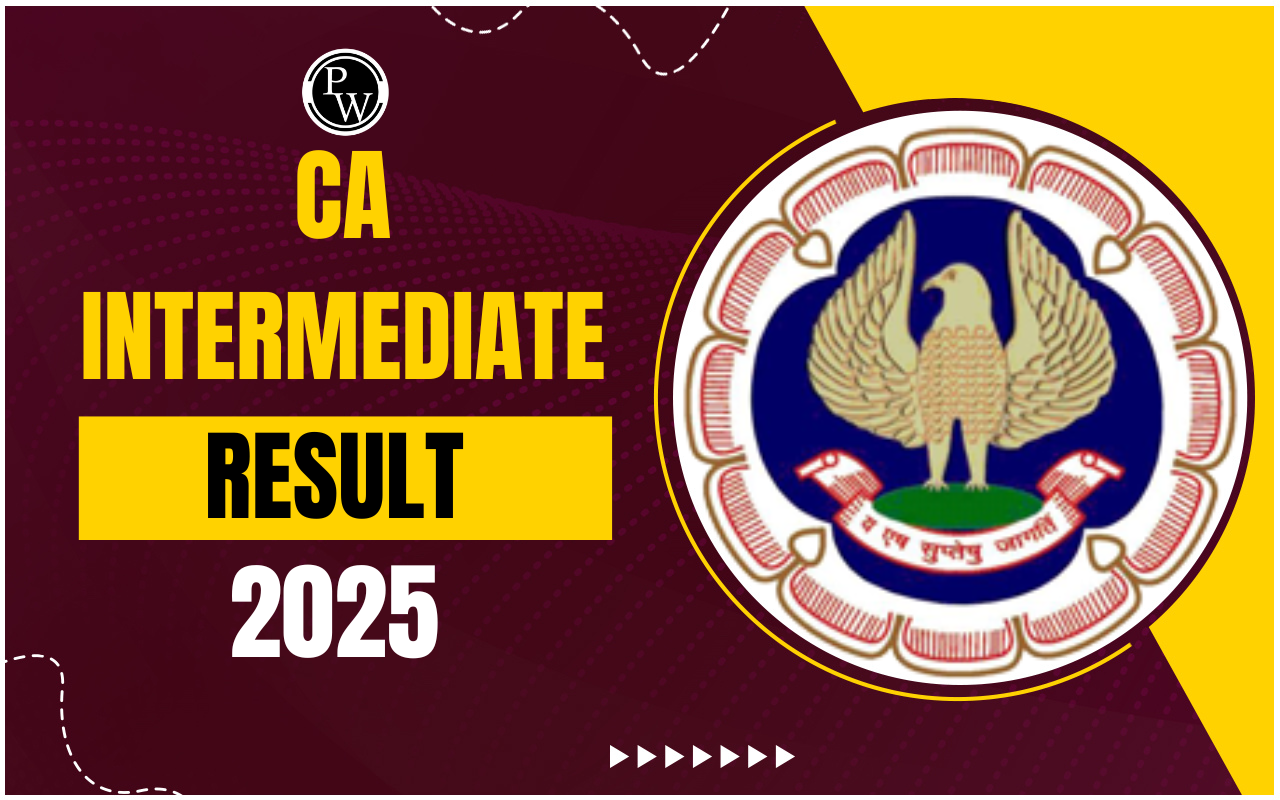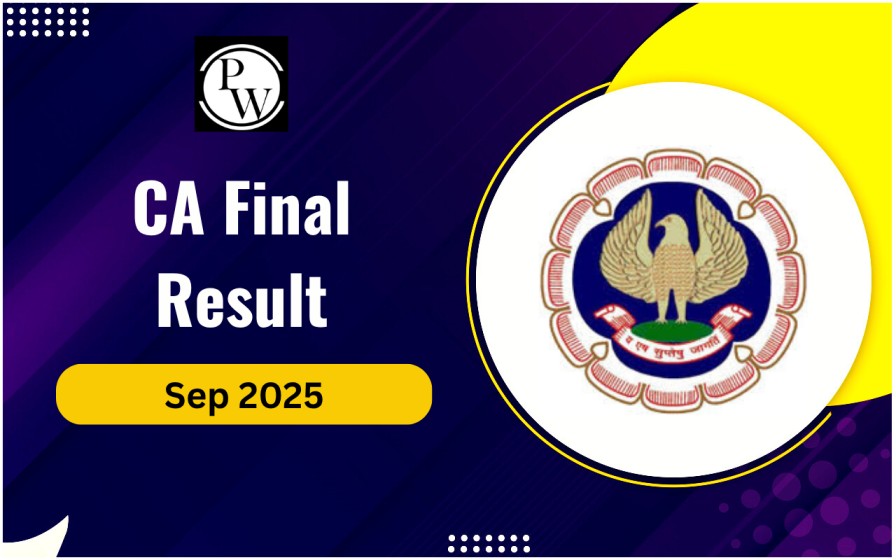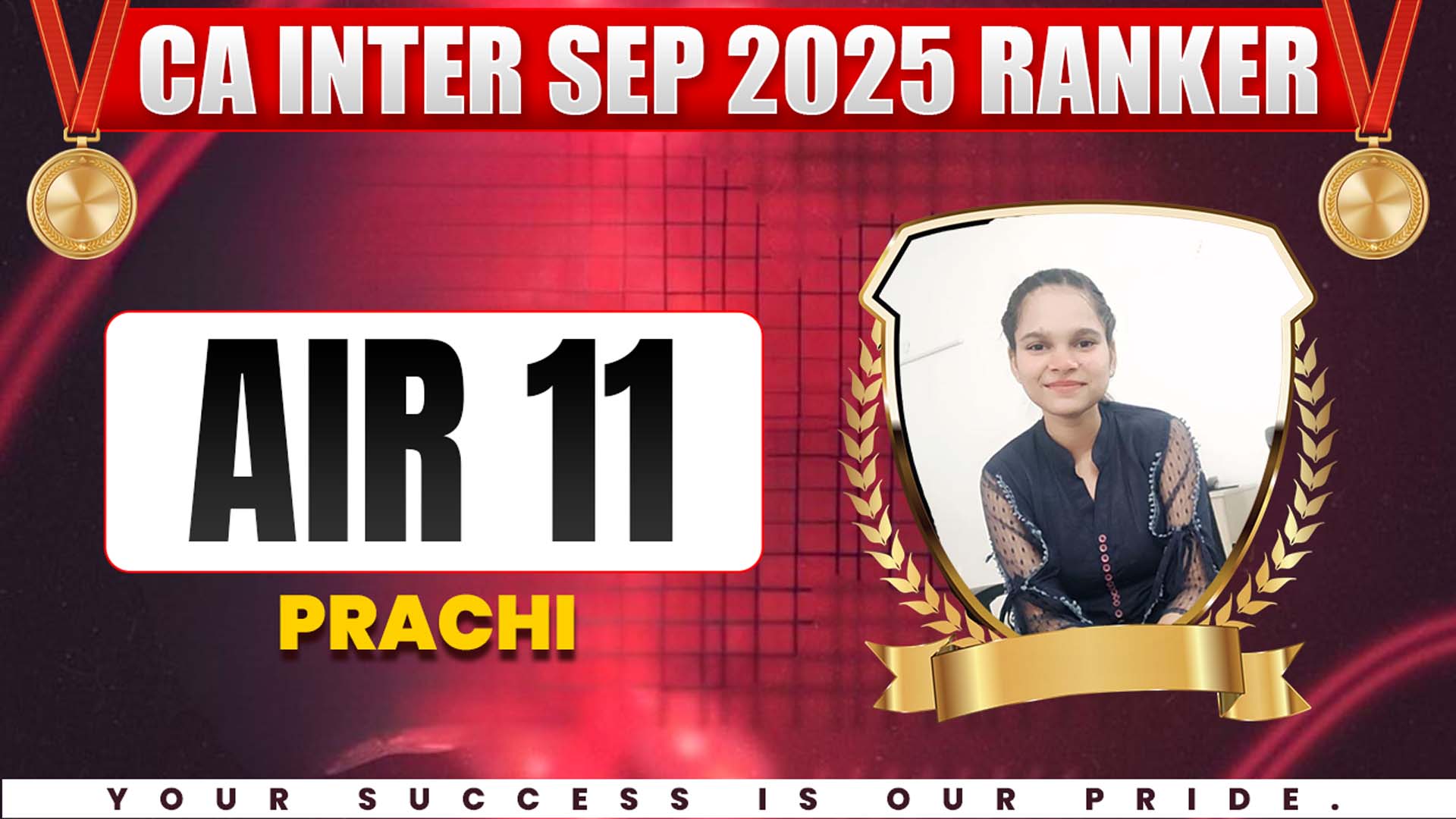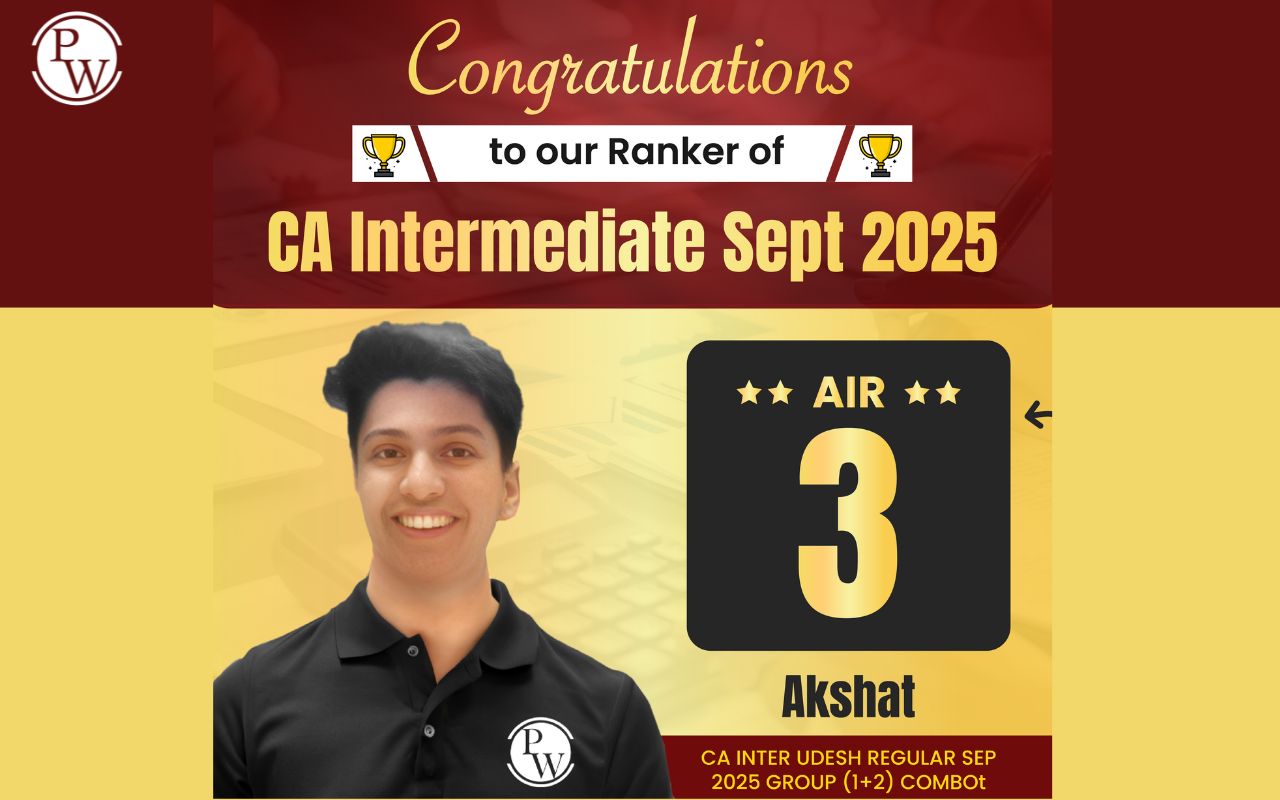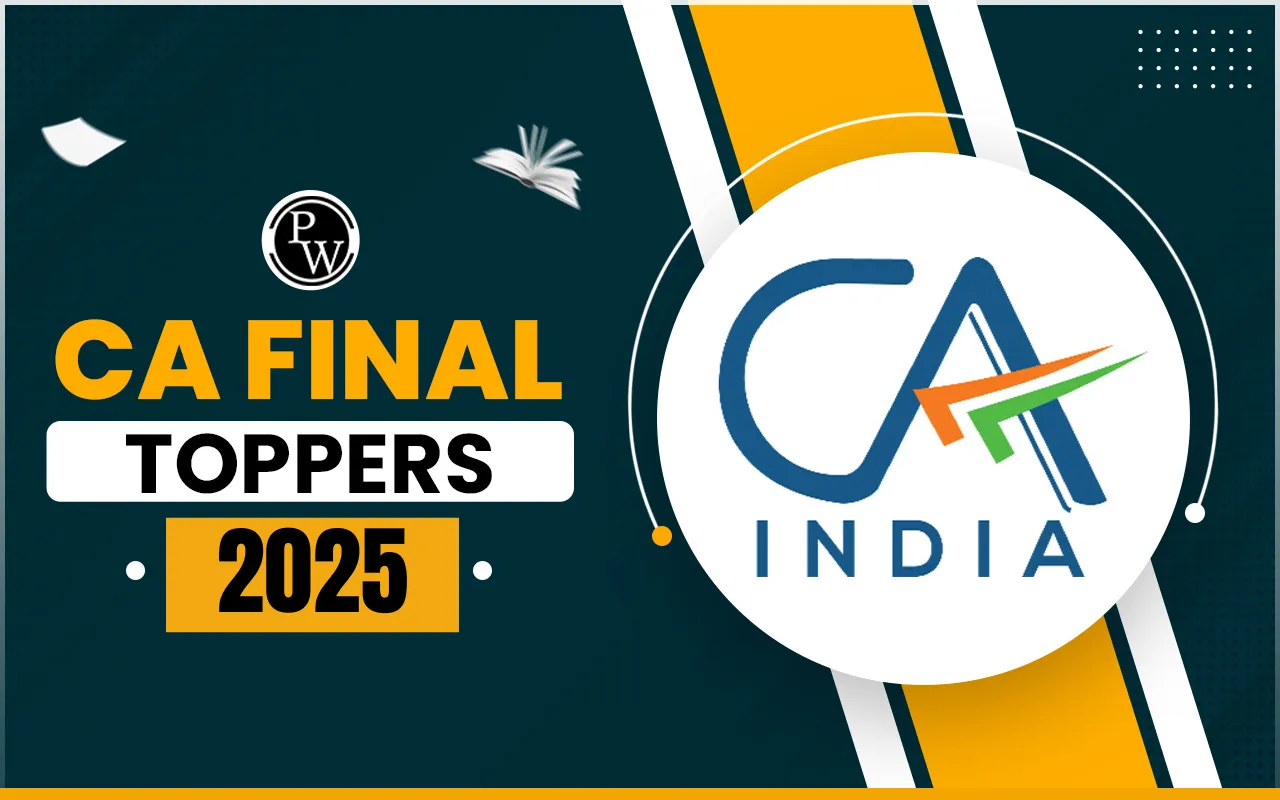
CA Inter Auditing Standards: Auditing is an important subject in the CA Inter course. It ensures that financial statements, which are prepared by businesses, are correct and trustworthy. The Institute of Chartered Accountants of India (ICAI) issues Auditing Standards (SAs), which helps auditors on how to carry out audits in a proper and uniform manner. Recently, ICAI has also updated some of these standards to improve quality, clarity, and global alignment. Understanding these changes is important not only for exam preparation but also for practical auditing.
CA Inter Auditing Standards
Auditing Standards act as a roadmap for auditors. It explains how an audit should be planned, executed, and reported. These standards cover all the aspects of an audit, for example checking financial records, maintaining documentation, and preparing the final audit report. The recent updates was made to make the audit process more transparent and easier to understand, while also ensuring that Indian practices match international benchmarks.
CA Inter Auditing Standards Changes by ICAI
The ICAI has made several updates to the CA Inter Audit Standards. These changes are important for students preparing for CA Inter exams and for auditors performing audits. Below, we’ve mentioned some major changes, including updates to audit planning, audit evidence, and reporting standards.
SA 700 - Forming an Opinion and Reporting on Financial Statements: SA 700 plays a important role in guiding auditors on how to give their opinion on financial statements. The recent changes in this standard focus on clearer and more structured audit reports. Auditors now have to highlight Key Audit Matters (KAMs), making it easier for stakeholders to understand what issues were most significant during the audit.
Audit Reporting Standards: Audit reports have been redesigned to improve transparency. Auditors must now explain how the audit was conducted, provide details about important findings, and clearly communicate any modifications in their opinion. This approach ensures that stakeholders receive meaningful insights rather than just a technical report.
Standards on Quality Control (SQC): The ICAI also has strict quality control requirements. Firms that conduct audits must establish stronger internal processes. It ensures auditors receive proper training and follow strict review procedures. These changes ensure that the quality of audits should remains consistent across different firms.
Auditing Standards for Fraud and Risk: The updated standards provide detailed guidance on how auditors should deal. How to deal with fraud and risks of material misstatements. Auditors are now required to carefully identify, document, and respond to potential risks. It makes the audit process more reliable and preventive in nature.
Use of the Auditor’s Expert and Internal Auditors: Auditors sometimes depend on experts or internal auditors. The updated standards explain how this reliance should be handled. Auditors should verify and cross-check the work of experts or internal teams. It ensures that their results are accurate.
Other Important CA Inter Auditing Standards
CA Inter Audit Standards include other important audit standards. They focus on different parts of the audit process. Auditors must follow them carefully to meet ICAI audit requirements. Below, we’ve mentioned the key standards and their purposes:
| Important CA Inter Auditing Standards | |
| Standard | Purpose |
| SA 200 | Overall objectives of the auditor and audit |
| SA 210 | Agreeing on audit terms |
| SA 220 | Quality control for audits |
| SA 230 | Documentation of audit work |
| SA 240 | Responsibilities related to fraud |
Standards on Review and Assurance Engagements
CA Inter Audit Standards also cover review engagements and assurance services. Below, we’ve mentioned key standards and their purposes:
| Standards on Review and Assurance Engagements | |
| Standard | Purpose |
| SRE 2400 | Review of financial statements |
| SAE 3400 | Examination of prospective financial information |
| SAE 3402 | Assurance reports on service organisations |
Note: Changes in these standards help auditors perform reviews and assurance engagements more effectively. They provide detailed guidance on procedures, documentation, and reporting.
Standards on Related Services (SRSs)
SRS 4400 and SRS 4410 cover agreed-upon procedures and compilation engagements. Changes in ICAI audit emphasize accuracy and proper reporting. Auditors should follow these standards to ensure that clients receive reliable information.
Why These Changes Are Important
Below, we’ve mentioned why these changes in CA Inter Audit Standards are important for several reasons. Check some of the reasons that have been listed below:
Improved Audit Quality: Updates ensure that audits are conducted carefully and systematically. This increases trust in financial statements.
Better Communication: Changes to SA 700 and audit reporting standards make it easier for stakeholders. It helps in understanding audit findings.
International Alignment: CA Inter Audit Standards now match international standards. This helps auditors in India follow global best practices.
Risk Management: Updated standards guide auditors on identifying and managing risks effectively, including fraud.
Training and Quality Control: SQC updates ensure that auditing firms maintain high-quality audits consistently.
For CA Inter students, it is important to understand these changes in simple terms. Auditing standards are rules for checking financial information. CA Inter Audit Standards are made by ICAI. Changes include updates to SA 700, audit reporting standards, and quality control standards. Auditors must follow these standards to perform correct and reliable audits. These updates make audit reports clear, accurate, and aligned with international standards.
CA Inter Audit Standards have made some important changes. These changes focus on improving audit quality, reporting clarity, and risk management. Key updates include SA 700, audit reporting standards, and changes to the ICAI audit for quality control. Students and auditors should study these changes carefully to understand how audits are conducted and reported. By following these standards, auditors can ensure reliable and accurate financial information. Understanding these updates also helps CA Inter students perform well in exams and prepare for professional auditing roles.
CA Inter Auditing Standards FAQs
What are the CA Inter Audit Standards?
Why were the standards updated?
What is SA 700?

